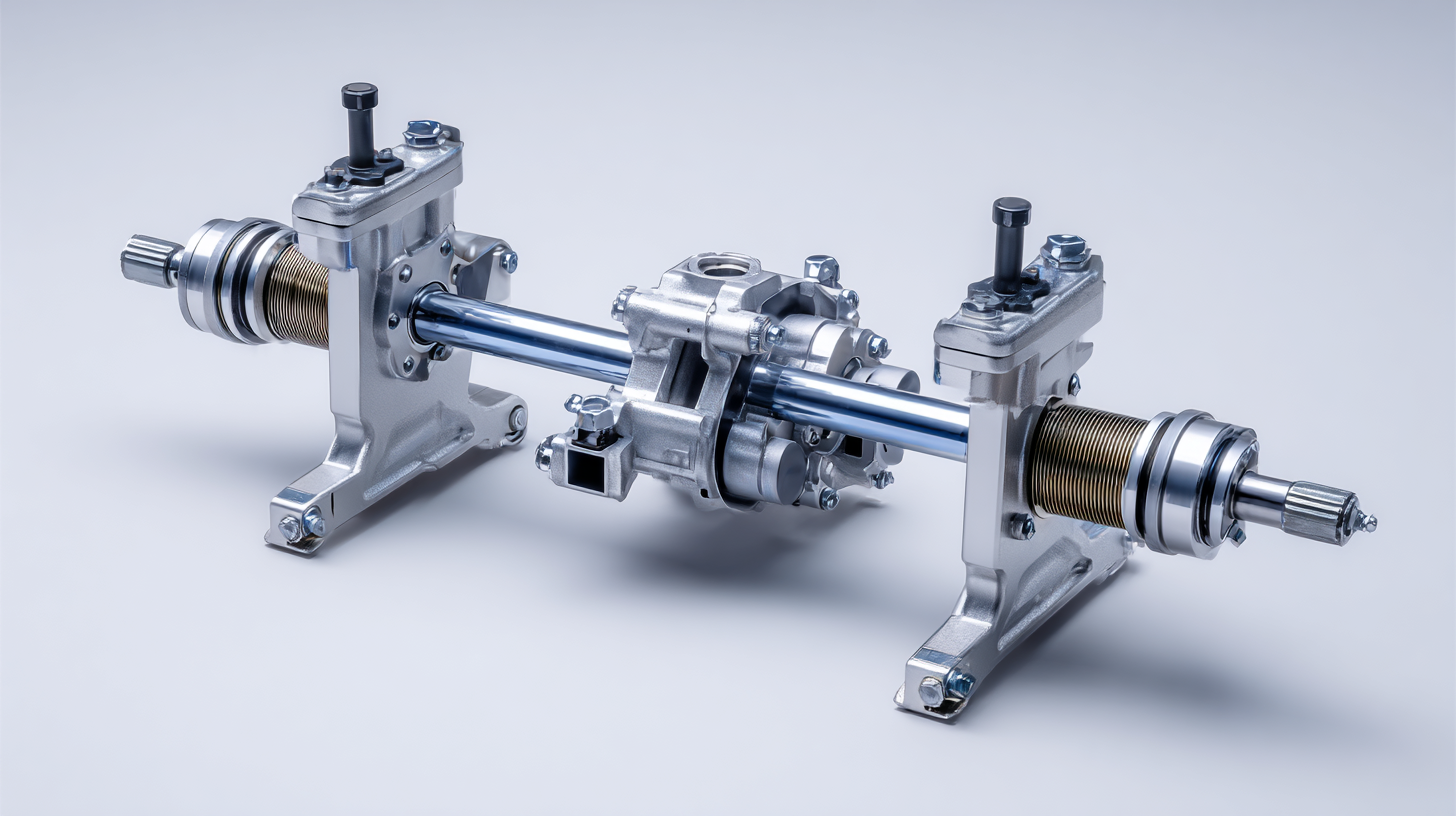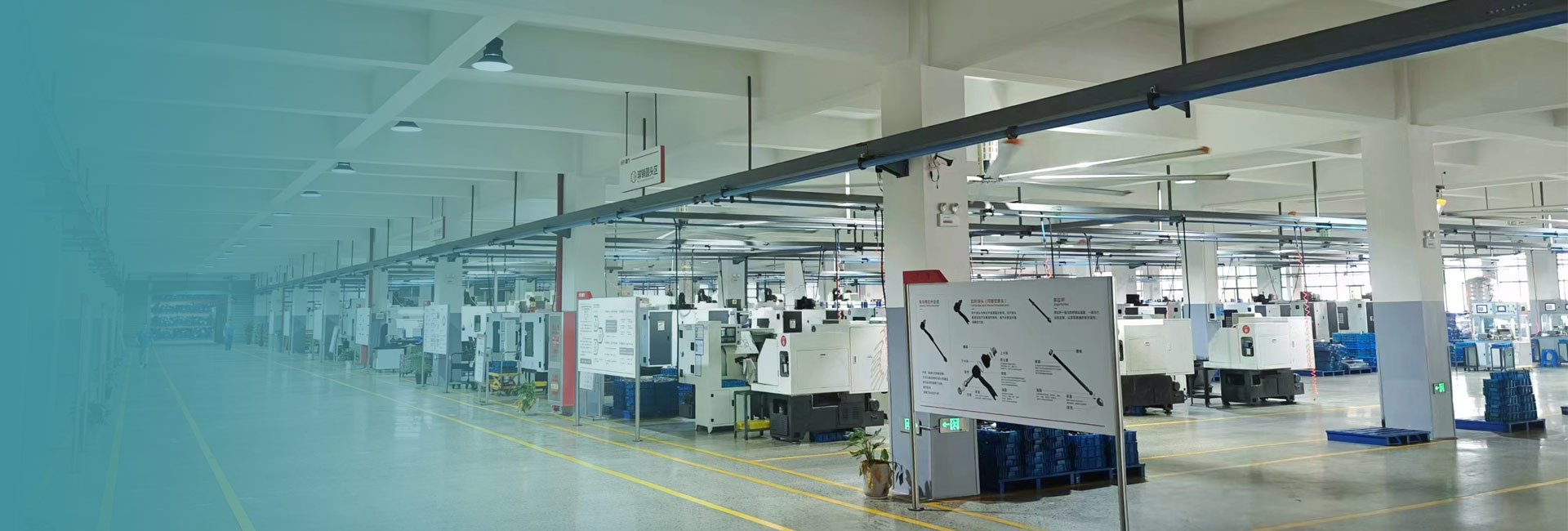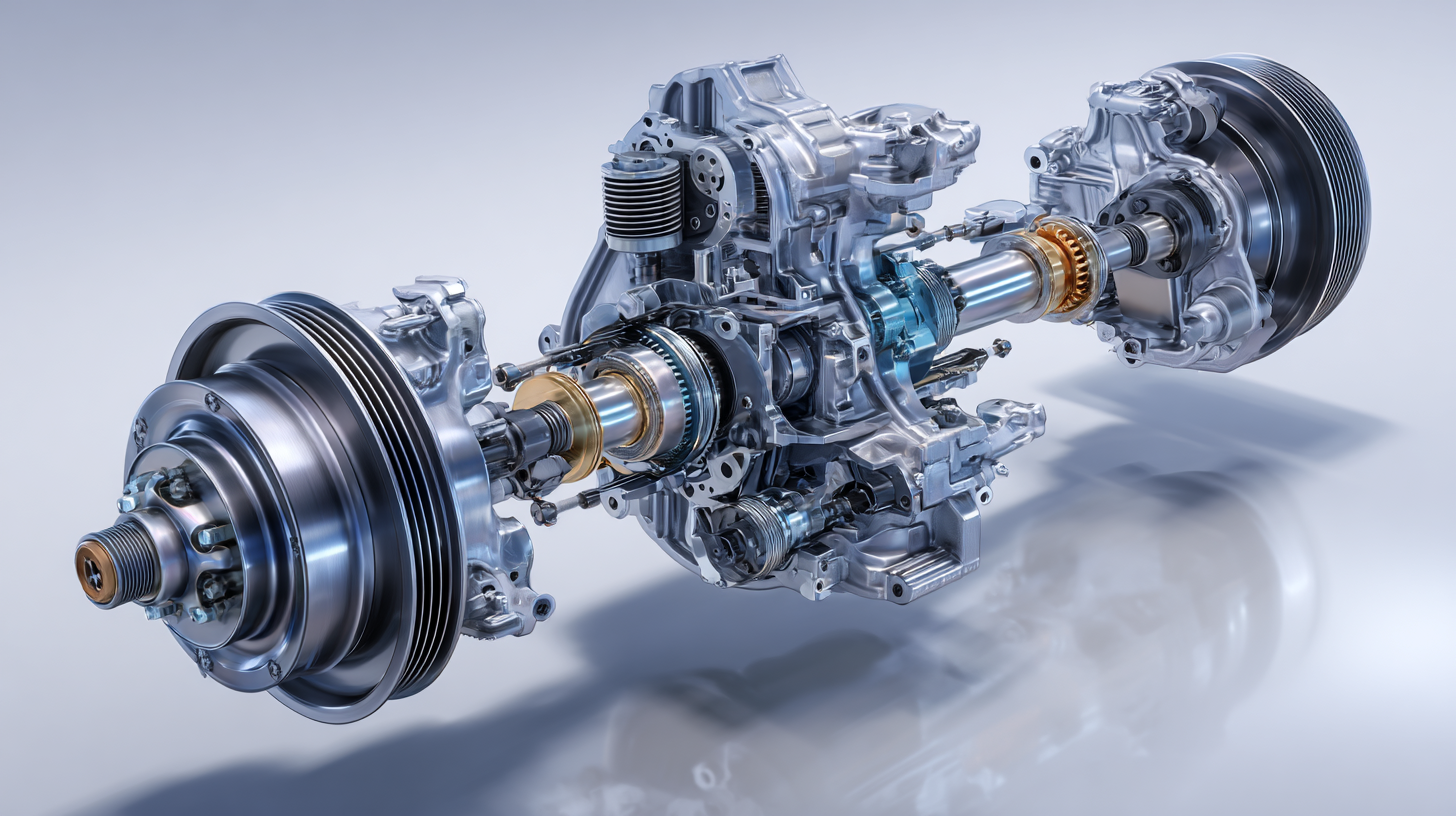Chinese Excellence in Automotive Steering Systems Connecting Global Markets
In the ever-evolving landscape of the automotive industry, the significance of the Automobile Steering System cannot be overstated. With the global automotive steering system market projected to reach approximately $30 billion by 2025, driven by advancements in technology and increasing demand for enhanced vehicle safety and performance, Chinese manufacturers are poised to play a pivotal role in this growth. Their capacity for innovation, coupled with cost-effective production methods, allows them to connect global markets seamlessly.
As the industry shifts towards electric vehicles and autonomous driving technologies, the sophistication and reliability of steering systems will be paramount. By harnessing the power of digital technologies, China is not only meeting domestic needs but is also setting benchmarks for excellence that resonate across the globe, embodying the "Digital + Best" synergy that defines the future of automotive engineering.
The Rise of Chinese Automotive Steering Systems in the Global Market
The rise of Chinese automotive steering systems in the global market is a testament to the country's growing prowess in the automotive industry. As Chinese manufacturers innovate and improve their technologies, they are not only enhancing the quality of their steering systems but also expanding their reach beyond national borders. With competitive pricing, advanced engineering, and a commitment to R&D, these companies are poised to become key players in the global automotive supply chain.
Tips for companies looking to enter the global market include investing in research and development to stay ahead of trends, establishing partnerships with international car manufacturers, and adhering to strict quality standards that meet global regulatory requirements. Additionally, understanding local market dynamics can provide invaluable insights that facilitate smoother entry into new markets.
The shift towards electric vehicles and smart technology integration offers further opportunities for Chinese automotive steering system manufacturers. By focusing on sustainable practices and cutting-edge digital solutions, these companies can position themselves as leaders in the evolving automotive landscape, ultimately contributing to their growth and success on a global scale.
Growth of Chinese Automotive Steering Systems in Global Markets
Key Trends Driving Growth in the Automotive Steering System Sector
The automotive steering system sector is poised for significant growth driven by key industry trends and technological advancements. According to market analysis, the automotive steering sensor market is projected to expand from $1.094 billion in 2023 to $1.852 billion by 2033, reflecting a compound annual growth rate (CAGR) of 5.41%. This growth aligns with the increasing demand for more precise steering control and enhanced vehicle performance, as consumers and manufacturers alike prioritize safety and efficiency.
Moreover, the market for electric hydraulic power steering pumps is expected to see a robust growth trajectory, with an estimated market value of $9.2 billion by 2024, expected to grow at a CAGR of 7.3% over the following decade. This surge can be attributed to rising consumer preferences for fuel-efficient steering systems, which not only benefit operational costs but also contribute to lower emissions. As the automotive industry continues to evolve towards electrification and intelligent systems, the integration of advanced steering technologies will play a crucial role in shaping the future of mobility.

Collaborative Innovations: China’s Role in Global Automotive Partnerships
China's automotive industry has increasingly become a focal point in global partnerships, particularly in the realm of steering systems. Collaborative innovations are at the forefront of this transformation, marking China's rising influence in the international market. According to a recent report by the International Automotive Industry Association, collaborations involving Chinese suppliers have led to a 20% increase in efficiency across joint development projects. This highlights how shared technology and resources can drive significant advancements in product quality and performance in the automotive sector.
Tips for companies looking to collaborate with Chinese partners include focusing on clear communication channels and understanding local market dynamics. Establishing a dedicated team with expertise in cross-cultural negotiations can significantly enhance the success of these partnerships. Additionally, adopting agile project management methodologies can streamline collaboration, enabling companies to respond swiftly to market changes and technological advancements.
As automotive manufacturers navigate this global landscape, understanding the role of Chinese innovation becomes crucial. The integration of AI and machine learning technologies in steering systems has shown a potential to reduce manufacturing costs by up to 15%, making collaborative efforts not only innovative but also economically viable. By leveraging China’s technological progress, global players can stay competitive and meet the evolving demands of consumers worldwide.
Chinese Excellence in Automotive Steering Systems Connecting Global Markets
| Dimension |
Data |
| Market Share in Global Steering Systems |
30% |
| Number of Collaborative Partnerships |
15 |
| Investment in R&D (Annual) |
$1.2 Billion |
| Use of AI in Steering Technology |
60% of New Models |
| Exports to North America |
40% |
| Sustainability Initiatives |
Plant-based Materials Adoption |
| Growth Rate (2021-2023) |
8% annually |
Challenges and Opportunities for Chinese Brands in 2025 Market Landscape
As we venture into 2025, the automotive steering systems market presents a complex landscape for Chinese brands, filled with both challenges and opportunities. On one hand, domestic manufacturers must navigate increasing global competition from established players in Europe and North America. This competition is driven by advancements in technology and consumer preferences shifting towards sustainable and innovative solutions. Chinese brands need to enhance their R&D capabilities and focus on quality assurance to meet international standards and gain the trust of global customers.

On the other hand, the growing demand for electric vehicles (EVs) offers a significant opportunity for Chinese companies. With many consumers gravitating towards eco-friendly automotive solutions, Chinese manufacturers can leverage their strengths in battery technology and cost-effective production methods to create steering systems tailored for the EV market. Strategic collaborations with international partners could further enhance their market reach and technological expertise. By balancing these challenges and opportunities, Chinese brands are poised to make a substantial impact in the global automotive steering systems industry by 2025.
The Future of Automotive Steering Technologies: Insights and Predictions
The automotive steering technology landscape is set for significant transformation, particularly with the integration of x-by-wire systems that provide enhanced precision and control. As the global automotive ecosystem is valued at approximately $13.3 billion in 2023, predictions indicate a surge to $35.4 billion by 2032, driven by a compound annual growth rate (CAGR) of 11.3%. This growth underscores the increasing importance of innovative steering technologies that connect various market players across the globe.
Moreover, the high-performance car market is also expanding rapidly, with projections showing growth from $15 billion in 2024 to about $35.4 billion by 2032. Both traditional and electric vehicles are embracing advanced steering solutions to improve handling characteristics and safety features. As automotive manufacturers race to incorporate cutting-edge technologies, the focus on autonomous driving capabilities intensifies, paving the way for more sophisticated steering systems that can operate seamlessly in a connected vehicle ecosystem.
The future of automotive steering technologies promises to reshape driving experiences and connect global markets more effectively than ever before.







